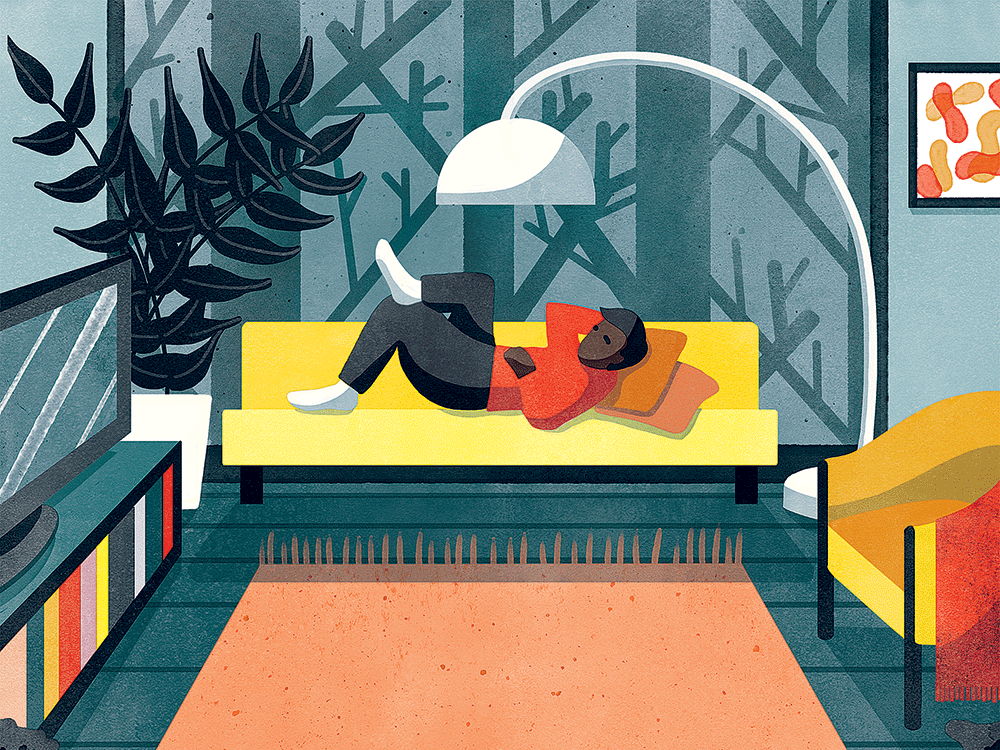
If You Want to Declutter, Think “Less Is More”
For many of us, the feeling of having too much stuff can cause panic. Here’s how to pare down what’s in your home—a daunting task, even if you’re organized by nature.
Remember: decluttering doesn’t mean getting rid of everything you own. Rather, it involves taking time to consider your lifestyle and recognize what’s working for you, what isn’t and why you’re hanging on to stuff. As the following experts can attest, organizing your home one room at a time can be a winning strategy.
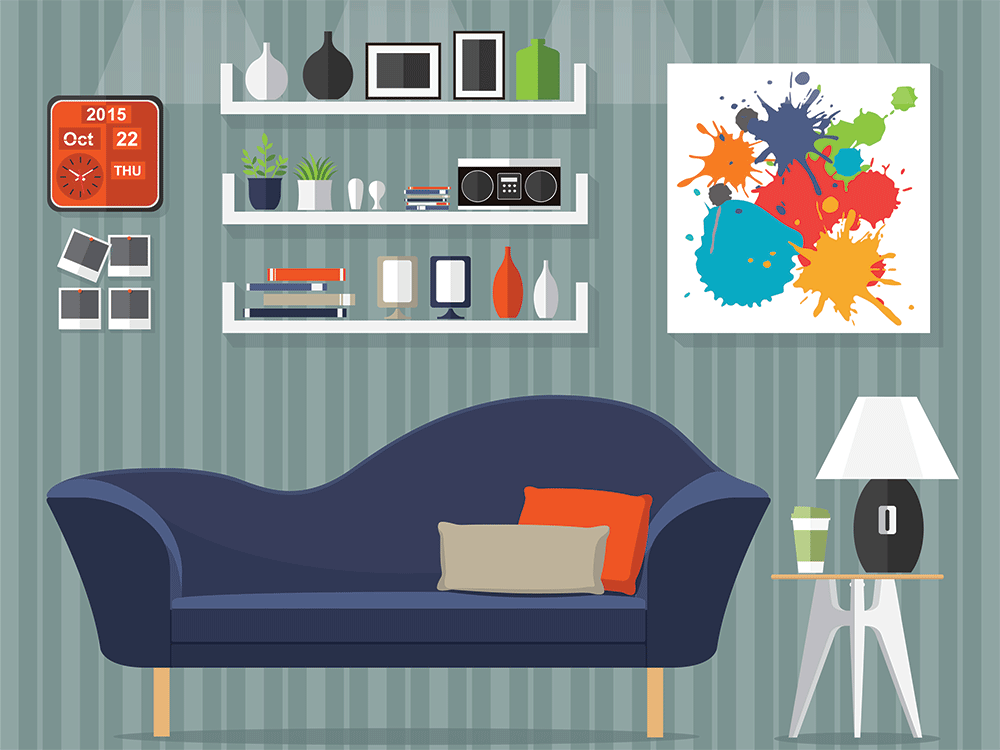
How to Declutter Your Living Room
“Look around as if you are a visitor and this is your first time in the space,” says Regina Leeds, the Los Angeles–based author of 2008’s One Year to an Organized Life. “Does the room reflect the reality of today, or has it become a monument to the past?”
Next, sort objects and decide what to keep and what to get rid of. With each one, ask yourself: does it serve me well? Is it broken? Do I use it? Remote controls can be stashed in a basket; magazines can be recycled. Even something as unwieldy as a collection of VHS home videos can be digitized, says professional organizer Elinor Warkentin of Goodbye Clutter! in Vancouver.
If you’ve been keeping gifts, heirlooms or anything expensive solely out of guilt, just don’t. “Your goal is to make your home comfortable for you,” says Cherri Hurst, owner of Toronto’s Hurst Class Organizing. “Your affection and love for the person who gave you these objects doesn’t change if you let go of them.”
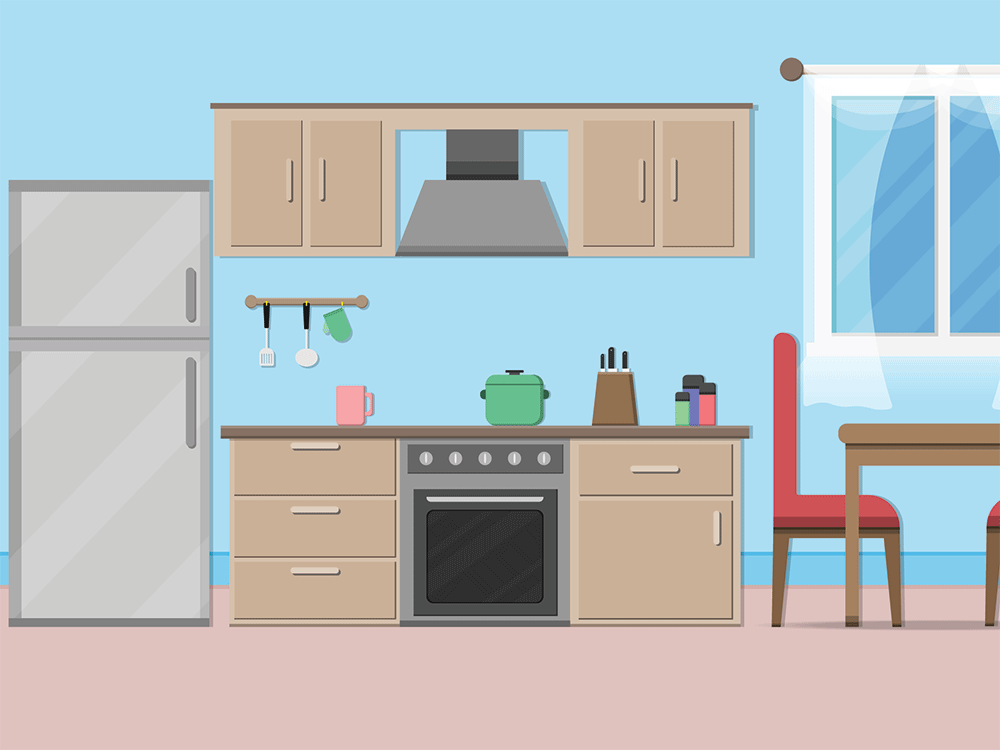
Tips to Declutter Your Kitchen
Unless you’re Old Mother Hubbard, your kitchen cupboard is likely full of mismatched china, oversized roasting pans and souvenir mugs. Montreal-based Kathleen Murphy of Organizing Options recommends getting rid of anything that’s damaged, neglected or unpleasant to use. “You’re the Chagall of your kitchen. You need good kitchen tools, and you want to enjoy the experience,” she says.
It may be tempting to hang on to objects in case you need them someday, but that’s not a valid reason to hoard stained, mismatched Tupperware. “For every 10 things you give up, you may end up regretting one. Save the space for something you’re using now,” says Hurst.
Once you’ve pared down those cooking utensils, streamline your kitchen to enhance the experience of making and eating a meal. Anything you use on a daily basis should be easily accessible, says Murphy, who suggests storing items such as baking tools, juicers and giant soup pots on higher shelves or in a closet.
Think your kitchen is spotless? Do you know about these 7 Surprisingly Germy Kitchen Items?
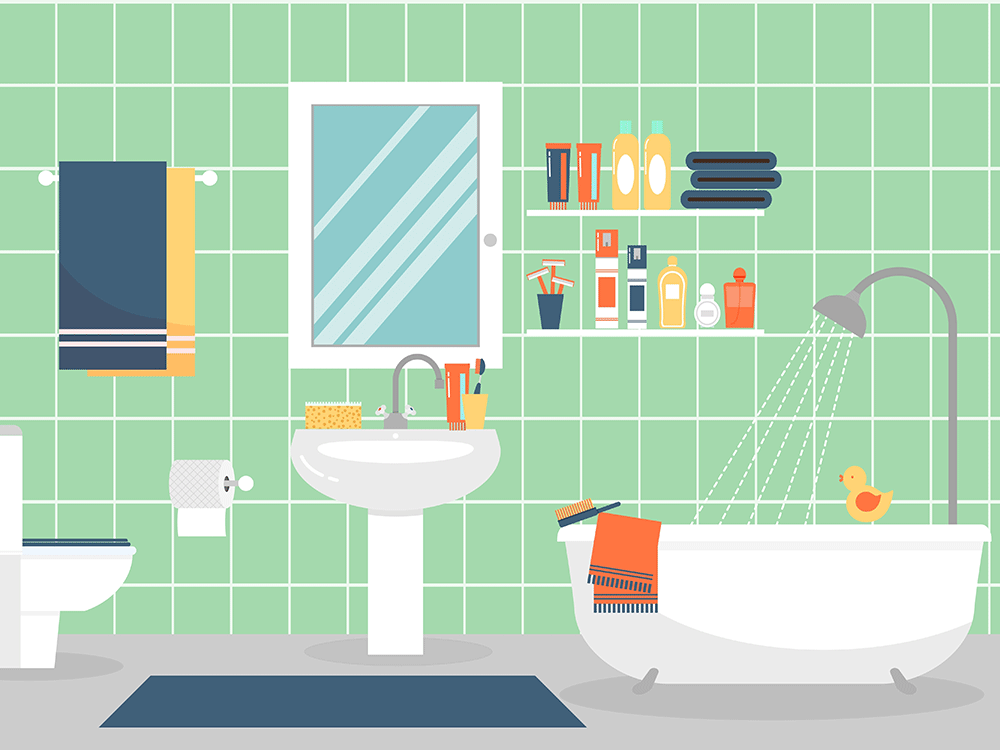
How to Declutter Your Bathroom
Expired medication, yellowed Band-Aids, rusty safety pins and personal care products that haven’t been touched in years are some of the things Warkentin has seen lurking underneath bathroom sinks. “If you’re not certain where to start, try attacking your vanity from top to bottom,” she suggests. Unused prescription medication can be properly disposed of at a pharmacy. Unopened toiletries can generally be donated to a women’s shelter.
Group items in clear categories and commit to using everything up before buying more. “That way you’re reminded not to buy five tubes of toothpaste at once. To reinforce a new behaviour, you have to live with the consequences of the old one,” says Murphy, who recommends going through bathroom cabinets at least once a year. If you want to take advantage of a great sale, reserve a clearly designated shelf or area in your closet for duplicates, so you’ll remember to draw on your own supply.
Check out our Best-Ever Bathroom Cleaning Hacks!

Declutter Your Home Office
Warkentin often sees home offices full of reference materials, such as books and binders, that are rarely, if ever, consulted. “People have a sense that they need this stuff to function,” she says, but in general, they usually do just fine without it. Check to see if any of your hard copies are available online. And if you’re holding on to something you haven’t consulted in years, consider getting rid of it. Gather items like pens, file folders, stationery and other office supplies into categories and assess what you truly use and need.
Surplus pens and paper can come in handy while decluttering, as making a list of spaces or item categories that you’d like to tackle may help keep the process moving along, says Murphy. “Lists help you feel like you have control, and you can see your progress.” (Just pare down your supplies once you’ve finished with them.)
Want more tips on how to beat clutter? Check out these 9 Clever Home Organizing Hacks.
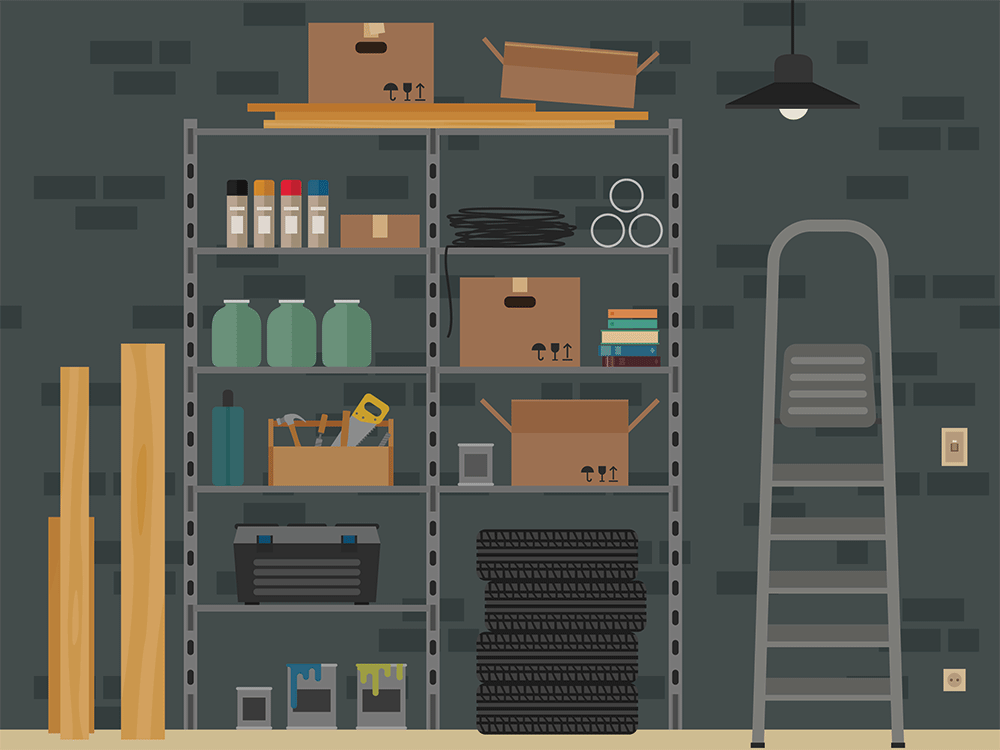
How to Declutter Your Garage
The place you park your car can easily become a graveyard for things you don’t want in the house, says Murphy. Spare tires for cars you no longer own, paint tins, canned food and boxes belonging to grown children are frequent offenders when it comes to garage clutter.
When deciding what to get rid of, “Rust is a good clue,” says Warkentin, who recommends investing in a shelving system to keep things off the floor. If you’re sick of storing other people’s items, give them a deadline—if they don’t pick up their stuff by then, you’ll be getting rid of it.
If you’ve been holding on to bulky exercise equipment in the hopes that you’ll finally get in shape, a timeline can help. “Tell yourself, If I don’t use this bike in the next three months, I’m going to take up walking,” says Murphy.
Above all, remember: decluttering your home won’t happen overnight. Enlist a trusted friend or a professional and recognize it may get worse before it gets better. Be realistic about your expectations and stay positive. As Leeds points out, “Empty space is full of possibility.”
Need a little motivation? Here are 7 Unexpected Health Benefits of Spring Cleaning!